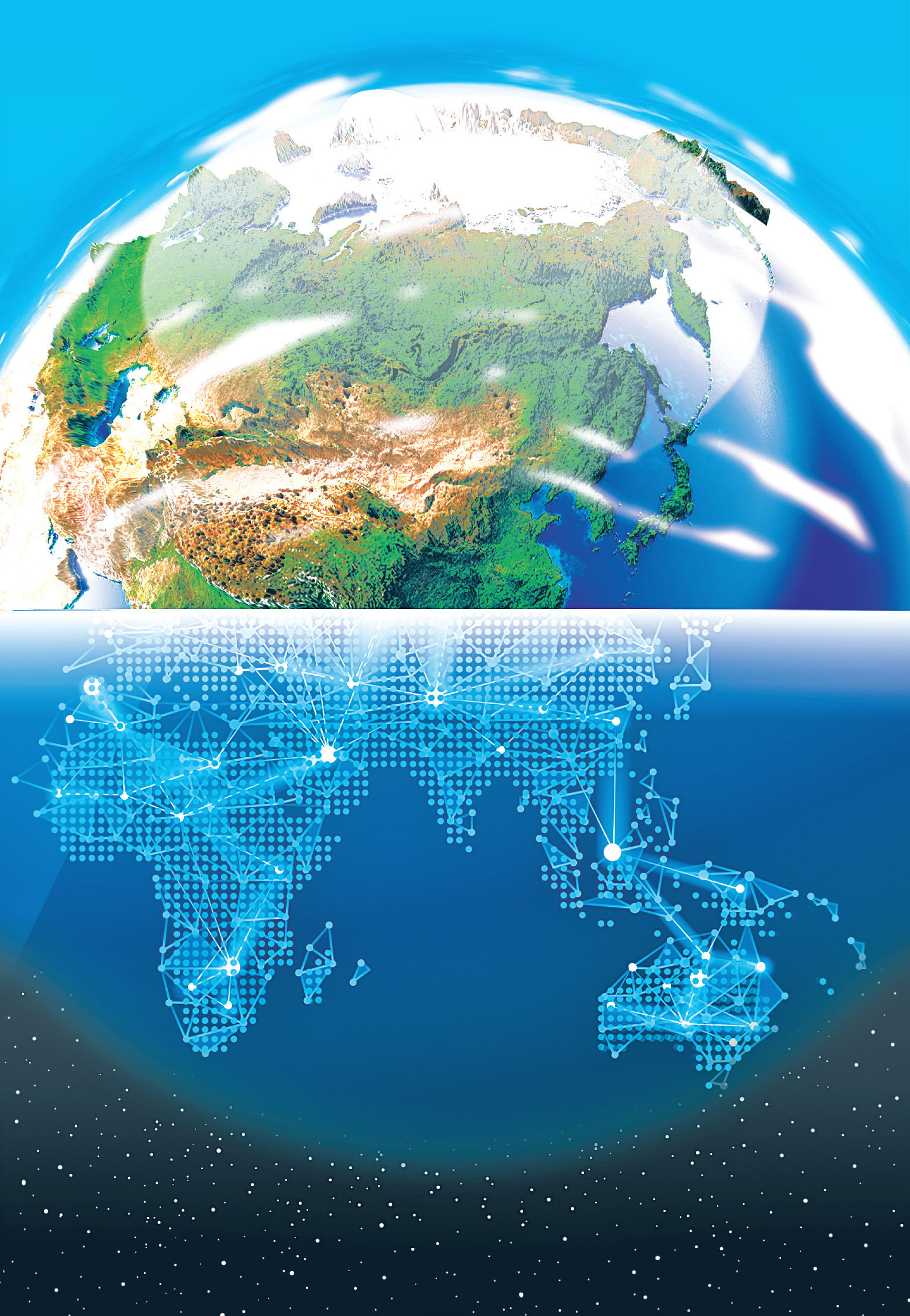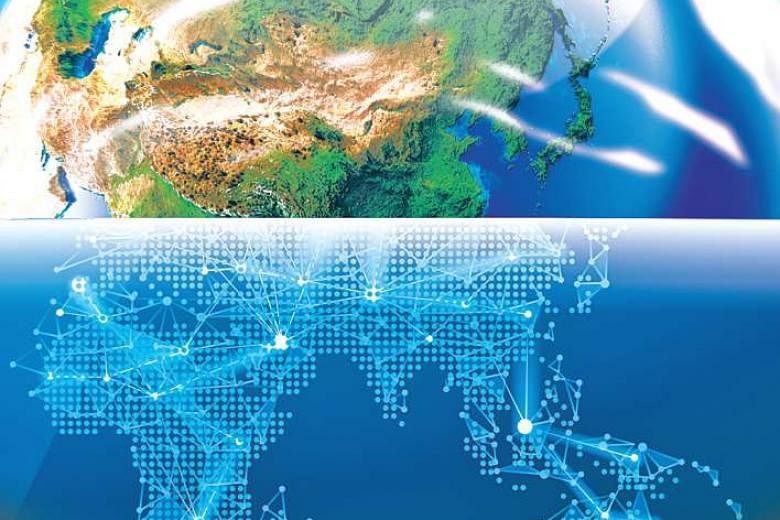Sometimes, it seems like big data and data science will save the world.
At least, that is what the headlines seem to suggest. Just Google the terms and see for yourself.
A story in Forbes titled How Big Data And Tech Will Improve Agriculture, From Farm To Table paints a bright, shiny future where computers will eliminate wastage and human error.
Sensors on fields will provide data on soil conditions, wind, pests and exactly how much fertiliser and water is available as the weather changes.
GPS data analytics will determine how many tractors and trucks to use, and RFID tags can trace the movement of produce from the farm to the home and even to the trash bin.
Analytics can then take all that data and determine the best crops to plant - best for the soil, best for the weather conditions and the logistics flow, plus the most profitable given agricultural commodities markets.

My question is: Would I want to live in such a world?
Maybe in this case, the answer is yes.
I'm not so sure, however, about the scenario painted by another story published in the Wall Street Journal almost on the same day. This one is titled For A Flavour Boost, Chefs Turn to Big Data.
Here, a PhD student found that by utilising a branch of mathematics called "graph theory", he could work out the best-tasting three-topping pizzas by examining and grouping existing consumer data on which two toppings people tended to like to go together.
The guy now works with Ocean Spray, the largest producer of cranberry products in the United States. His job is to analyse data on "what else people talk about when they talk about cranberries", so the company can create better flavour combinations for its future products.
The story goes on to posit a future where data scientists trawl through thousands of recipes that people have posted online, finding bizarre flavour combinations that don't seem to make sense, but actually do - at least "according to the data".
Is something missing here?
Can everything that has gone into the evolution of something as subjective and abstract as the appreciation of good food - culture, history, biology, artistry - conceivably be reduced or pureed into consumer data to be sliced and diced like the very same onions that were monitored, grown, transported and packaged to perfection by data science?
If so, will a future Heston Blumenthal or Gordon Ramsay be allowed to create something not sanctioned or supported by the data? Will they even think of doing so?
To me, life is, and has to be, part art and part science.
And it would be a dreary world indeed if life were to become all science.
That is because the past is not always the best predictor of the future and not every optimal solution in life can be arrived at simply by having a computer hack at a giant set of numbers.
Of course, you have to realise that this is coming from me, a lifelong student of the arts that purposely chose an education and career that would take me as far away from the fields from science and mathematics as I could possibly get.
And so, I will freely admit to looking at all these gleeful and smug engineers, accountants and mathematicians today with a mix of horror and resentment.
I realise that this is really their time. Their left-brained view of the world has triumphed and they are the new warriors of the wasteland.
But they have also done considerable damage in many areas where quality counts as much as quantity, and not everything can be reduced to a set of numbers.
Take the fields of journalism and marketing, for example, which have framed most of my career.
What defines the success of a story or an opinion piece - is it simply a measure of how many people read it?
Up to recently, calculating exactly how many people read a story was an inexact science. You know how many people in total read a certain newspaper title, but it could never be known how many saw that specific headline that day and read the story to the end.
Of course, with the Internet and big data, now you can.
In theory, that is. You can supposedly find out the number of people who read a story or an opinion piece because this is simply the number of people who clicked on it. You can even measure whether the story was "engaging" by clocking the time the story was on the screen.
But is a click or time on the screen really a guaranteed measure of how well-read the story was? If the numbers are high, does that mean the story was successful in creating an impact?
Is a long investigative piece exposing corruption in city councils that few people read really less worthy of publication than a hashjob list of top 10 ways to avoid flatulence with a sexy headline that everyone clicked on?
If you leave it to the data and a decision-maker who simply looked at the numbers to determine the impact versus the cost, the answer would sadly be yes.
The implication is that the investigative piece would never be written - outweighed, presumably, by the fact that so much more of the world would be better informed about flatulence. Look at the data.
Similarly, marketeers these days are busy calculating the "returns" on advertisements that they buy. This is because in the digital realm, everything has become measurable - from the number of people who clicked on an ad to the number that eventually signed up or bought something.
But not every change in consumer behaviour or perception of a brand or product is recorded by a click and a decision to buy something can never just simply be the result of that last ad that someone clicked on.
Advertising gurus have long modelled the marketing process into four distinct stages - creating mass awareness first, then having some customers intrigued enough to want to find out more. Then, some in that smaller group grow to desire it and, finally, they may go to the store or online to buy it.
How much of this cause-and- effect can be captured by the data?
If we are not careful, every decision will be taken over by whatever data that is available over any intangibles that are not.
After all, it is much faster and simpler to do so. No one has to take any responsibility for human preference or error and there can be no further argument over something as concrete as the numbers.
It is especially appealing in pragmatic and rules-bound Singapore, where it is all about unit cost value and clean execution.
In the British television series, Black Mirror, there is a chilling episode that takes today's big data fetish to the extreme.
In it, every individual has a publicly accessible life rating that is collectively determined by the sum total of his or her actions in life and interactions with other people.
Picking up a traffic offence lowers the rating, as might rude behaviour to a shop assistant, who can instantly grade you down.
A person's entire status and worth in life is reduced to a score determined by big data. Saddled with a low rating, the female protagonist finds that she cannot get credit, enter certain places, hail a cab or even ask for help from passers-by.
But it is okay. After all, it's highly efficient in our brave new world ruled by data science.


